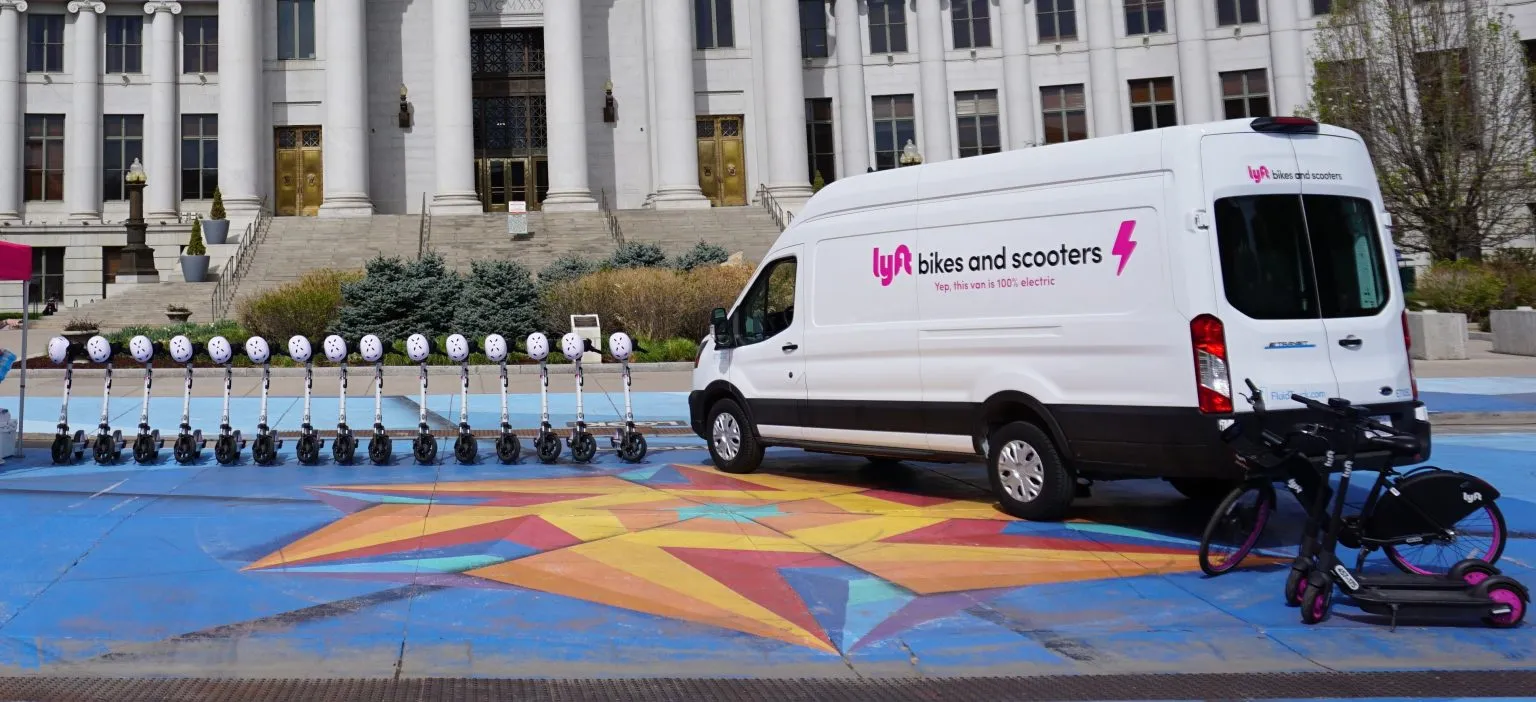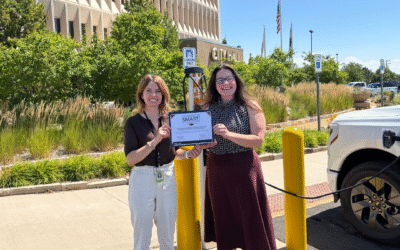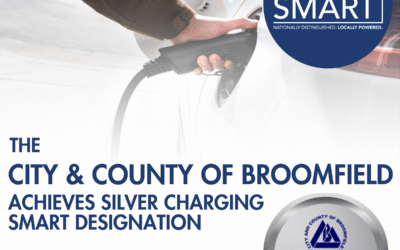Location: Denver, CO
Fleet Type: Transportation Network Company
Narrative
Lyft’s mission is to improve people’s lives with the world’s best transportation. Last year, over 45 million individuals relied on Lyft for their transportation needs. In select areas, like Denver, Lyft users can choose from various transportation modes, such as rideshare, car rentals, transit, bikeshare, or scooter share.
Over the course of 2024 and 2025, Lyft will invest an additional $80 million to support EV drivers and encourage gas-powered drivers to make the switch. The company has partnered with EVGo and Electrify America to offer discounted fast charging sessions for eligible drivers. Additionally, Lyft provides discounts on Level 2 home chargers through partnerships with Wallbox and COIL. Lyft is also actively promoting EV adoption through policy advocacy efforts and its Express Drive program.
Lyft Express Drive offers a rental car program specifically designed for Lyft drivers who do not possess a personal vehicle or prefer not to use their own car. Drivers can choose from midsize, hybrid, and electric vehicle options. Notably, Lyft deployed 200 EVs into its Denver Express Drive pilot program in 2019. Lyft’s efforts in bringing EVs to Denver through the Express Drive program not only benefit drivers but also promote sustainable transportation choices for passengers. Passengers can enjoy environmentally friendly rides while supporting Lyft’s commitment to sustainability.
Lyft also provides convenient micromobility services in Denver, offering both bikeshare and scooter share options. Lyft Scooters and Lyft Bikes are readily available throughout the city, offering residents and visitors efficient and convenient transportation options for traveling shorter distances. These services are often seamlessly paired with public transportation, making them ideal for last mile connectivity or traveling to and from transit stations. Lyft’s bikeshare program also includes e-bike options with pedal-assist technology, enabling users to cover longer distances effortlessly. Thanks to its diverse range of offerings, Lyft is at the forefront of promoting sustainable transportation in urban environments.
Outputs and Outcomes
In line with their commitment to sustainability, Lyft has made significant strides in promoting fuel efficiency and electrification within their rideshare platform. According to Lyft’s 2022 ESG Report, 22% of the cars operating on the Lyft platform are more efficient than the United States average (29.3 MPG vs 22.9 MPG). Furthermore, Lyft’s Express Drive program has expanded its EV offerings to drivers in key markets such as Atlanta, Boston, Baltimore, Chicago, Dallas, Las Vegas, Los Angeles, Minneapolis, New Orleans, San Antonio, San Francisco, Washington DC, and more. Since its launch, the program has provided more than 1.2 million rides in EVs.
Lyft’s micromobility services in Denver have seen significant growth, boasting an average on the ground fleet of over 2,930 e-scooters and 600 e-bikes. Lyft Bikes and Scooters also launched a pilot with 5 electric vans (Ford e-350, depicted in the photo) for its auxiliary fleet in Denver to perform maintenance, rebalancing, and battery swaps on its e-bike and e-scooter fleet. This represents about 20% of the auxiliary fleet in Denver. Auxiliary fleets in micromobility systems can represent up to 30% of the total life cycle emissions of shared e-scooter programs. According to Lyft’s 2023 Multimodal Report, ridership for e-bikes and e-scooters in Denver has increased by 170% since 2020. Nationwide, Lyft’s e-bikes provided more than 18 million rides, accounting for approximately 40 million miles in 2022.
These services have become essential for a diverse group of individuals, including underserved communities, relying on Lyft for their work, school, healthcare, and recreational trips. Lyft’s commitment to reducing carbon emissions in the transportation sector extends beyond electrification. It involves enhancing multimodal transportation options and decreasing vehicle miles traveled. For a more detailed overview of Lyft’s efforts and impact, visit Lyft’s 2023 Multimodal Report.
Best Practices & Lessons Learned
Lyft continues to enhance its services by integrating user feedback into program development. To overcome the biggest barriers to EV adoption, Lyft is implementing incentives that specifically tackle charging challenges and aim to lower the total cost of ownership for its drivers. Additionally, the company is dedicated to offering riders a variety of multimodal, electrified transportation options. Lyft’s success story underlines the importance of piloting new initiatives, utilizing the insights and data gained to refine and expand its programs. Looking forward, Lyft remains committed to assessing its progress annually. The company will explore innovative pathways to further accelerate EV adoption, ultimately reducing transportation emissions across the communities it serves.







